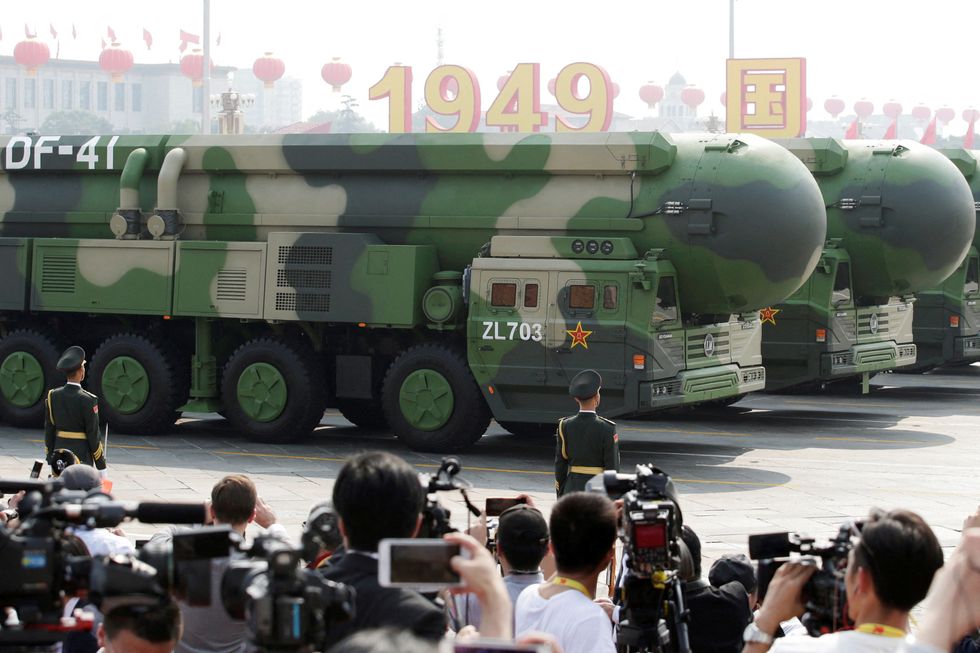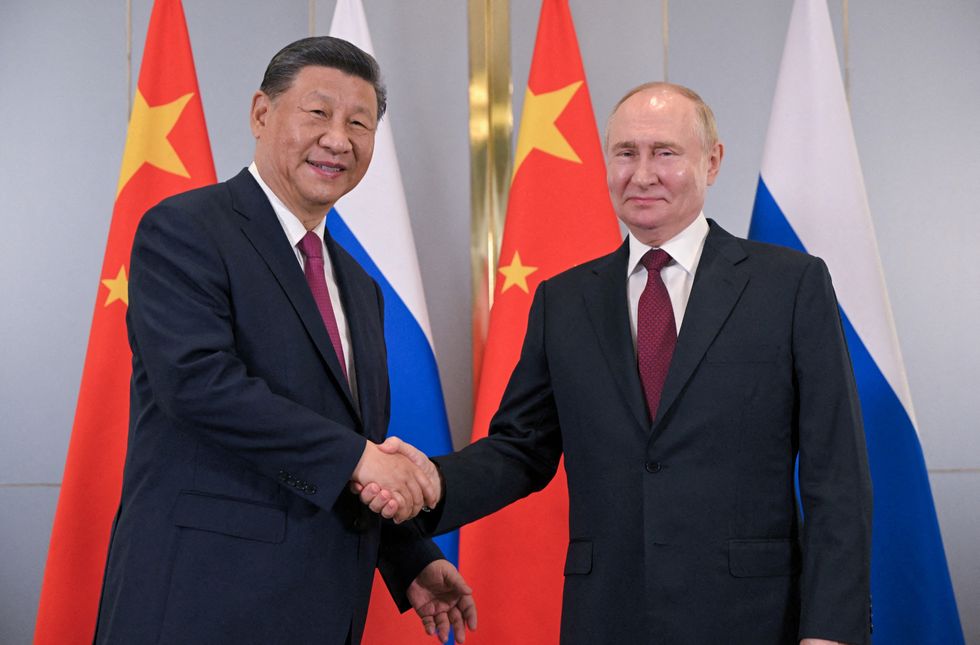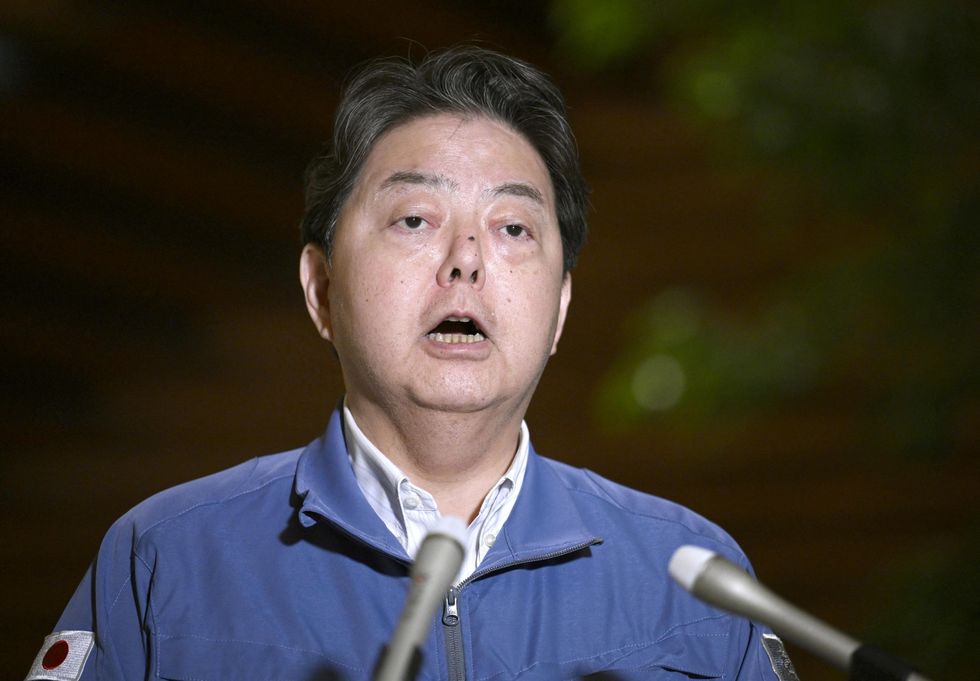China has test-fired an intercontinental ballistic missile (ICBM) into the Pacific Ocean, marking the first such launch in decades.
The Chinese defence ministry announced that the missile, carrying a dummy nuclear warhead, was launched by the People’s Liberation Army Rocket Force at 8.44am Beijing time on Wednesday.
The ICBM “accurately landed in the predetermined sea area”, according to the ministry. This test is believed to be China’s first publicly announced ICBM launch into international waters since 1980.
The defence ministry described the launch as “a routine arrangement in our annual training plan”.

Military vehicles carrying DF-41 intercontinental ballistic missiles
Reuters
The test has sparked concern among Pacific nations. New Zealand’s foreign minister Winston Peters called it “an unwelcome and concerning development”, vowing to consult with regional allies.
Japan’s chief cabinet secretary, Hayashi Yoshimasa, stated they were not notified beforehand, adding:
“There was no notification beforehand and, according to the comprehensive analysis, we have been confirmed that it flew over our territory and there was no damage recorded.”
Australia has reportedly requested an explanation from China. The Kremlin, however, defended Beijing’s actions, emphasising China’s sovereignty rights.
LATEST DEVELOPMENTS

Chinese President Xi Jinping with South Africa’s President Cyril Ramaphosa and Senegal’s President Macky Sall
Reuters
China maintains that the test was part of routine annual training and complies with international law. However, analysts have questioned this description, given the rarity of such launches into international waters.
The test comes amid escalating tensions in the Asia-Pacific region, where Beijing is involved in disputes with Japan, the Philippines, and Taiwan.
Some experts suggest the launch could be a form of “posturing or signalling” to the United States. John Ridge, a US-based defence analyst, told the BBC: “China could have conducted the test as a form of posturing or signalling to the United States.”
The timing is notable, as China recently suspended nuclear arms control talks with Washington over US arms sales to Taiwan. China’s nuclear capabilities have been a growing concern internationally. The Pentagon estimated last year that China has over 500 operational nuclear warheads, with approximately 350 being ICBMs.

Japan’s Chief Cabinet Secretary Yoshimasa Hayashi
Reuters
Projections suggest China could reach over 1,000 warheads by 2030, though this remains a fraction of US and Russian arsenals. The US recently deployed mid-range missiles to the Philippines, further heightening regional tensions.
Japan has expressed serious concerns about China’s rapidly increasing defence budget and expanding military presence near Japanese territory.
Hayashi Yoshimasa stated: “This is a very serious concern for Japan and the international society.”